For small businesses, especially software teams with around five members, finding the right project management software is crucial—it can make a significant difference. With the right tools, teams can improve collaboration, simplify processes, and maximize productivity. This article reviews various choices for the best project management software for small business owners, giving a detailed analysis of popular platforms that suit the specific needs of smaller teams. From easy-to-use interfaces to robust integrations and different price points, we’ll show you the features and advantages of each software option, helping you choose wisely for your business. Whether you’re a new or a seasoned business looking to polish your project management method, knowing these tools will help you compare your options effectively.
List of apps
Trovve
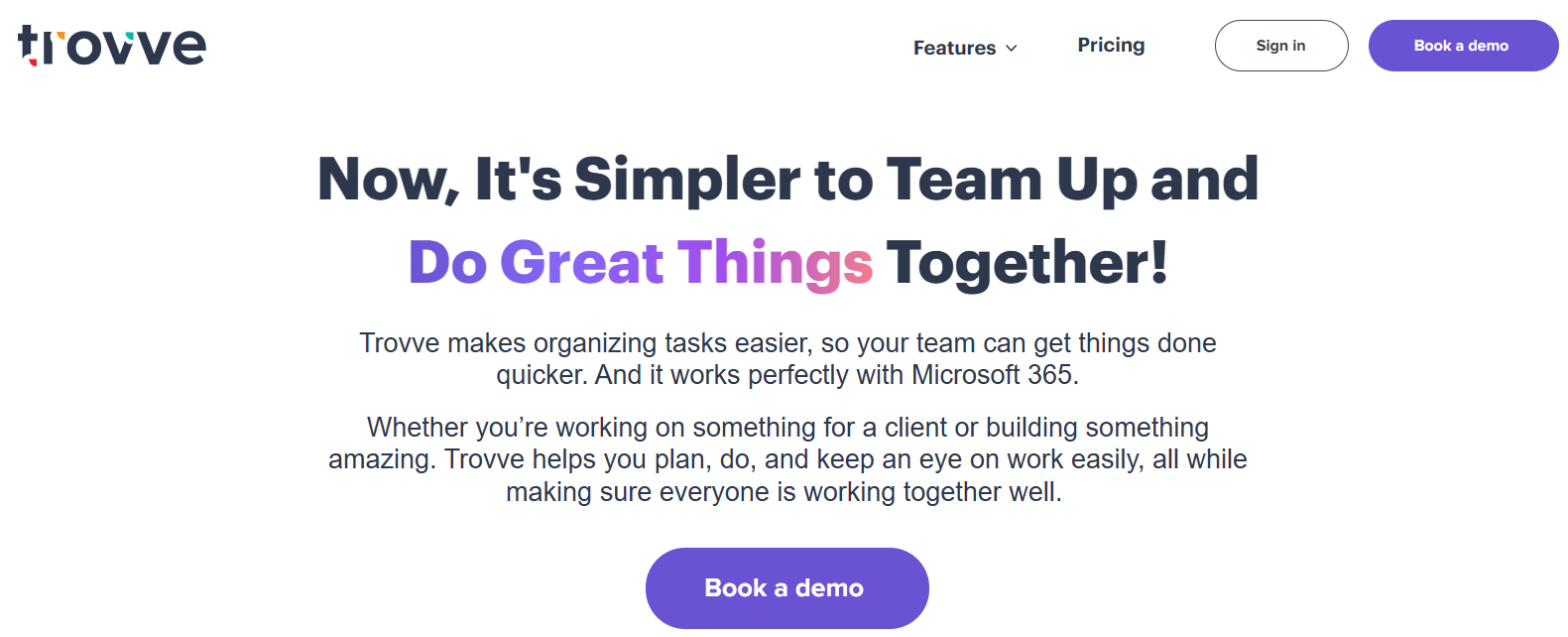
Trovve is the best project management software for small business owners who want to streamline their work, collaborate better, and achieve more. Trovve helps you plan, organize, and execute your projects with ease, integrating seamlessly with Microsoft 365 and providing a suite of solutions that cover every aspect of your work. Whether you need to manage tasks, files, contacts, teams, or meetings, Trovve has you covered with simple and intuitive features that boost your productivity and performance. Trovve is more than just a project management tool, it’s your all-in-one work management platform that empowers you to conquer your day with confidence.
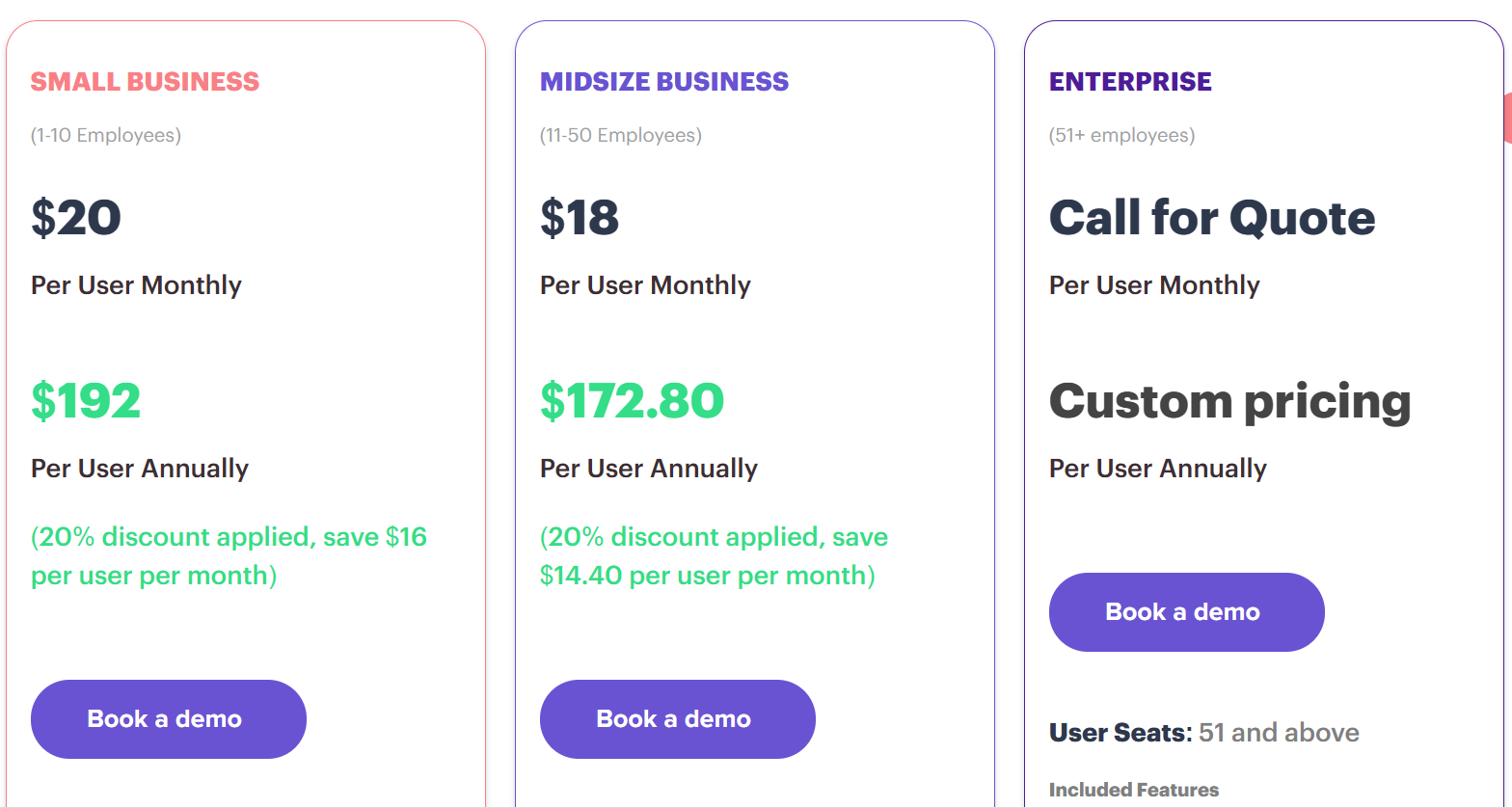
Pricing info
- Small business: $20/user/month
- Midsize businesses: $18/user/month
- Enterprise: Call for quote
Basecamp
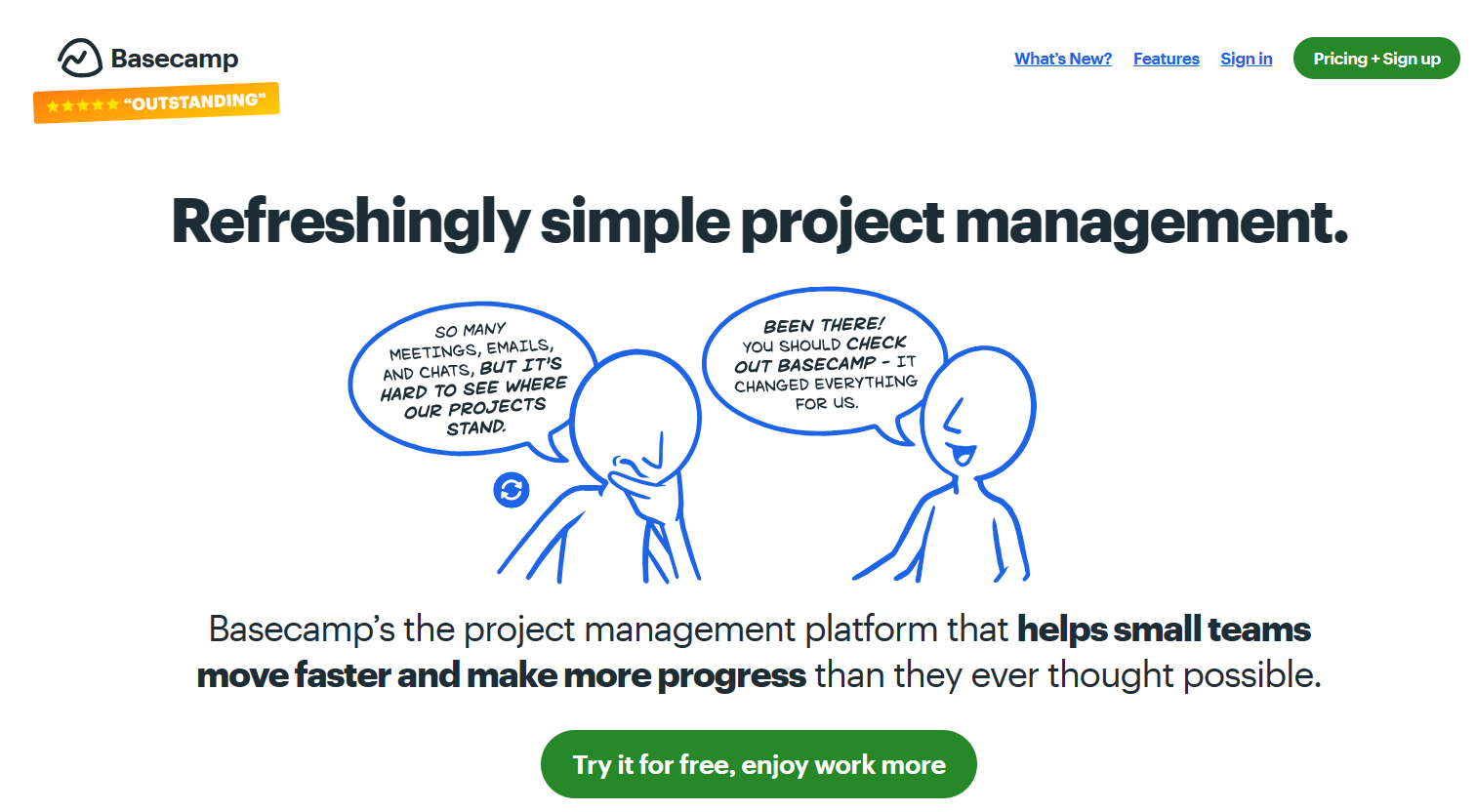
Basecamp is one of the best project management software for small business, especially for remote teams. It is a web-based platform that helps you organize your projects, communicate with your team, and keep track of your progress. You can create to-do lists, assign tasks, set deadlines, share files, chat, and give feedback, all in one place. Basecamp also integrates with many other tools, such as email, Google Drive, Dropbox, and Zapier. Basecamp has a simple and intuitive interface that makes it easy to use and customize according to your needs. You can also access Basecamp from any device, including desktop, mobile, and tablet.
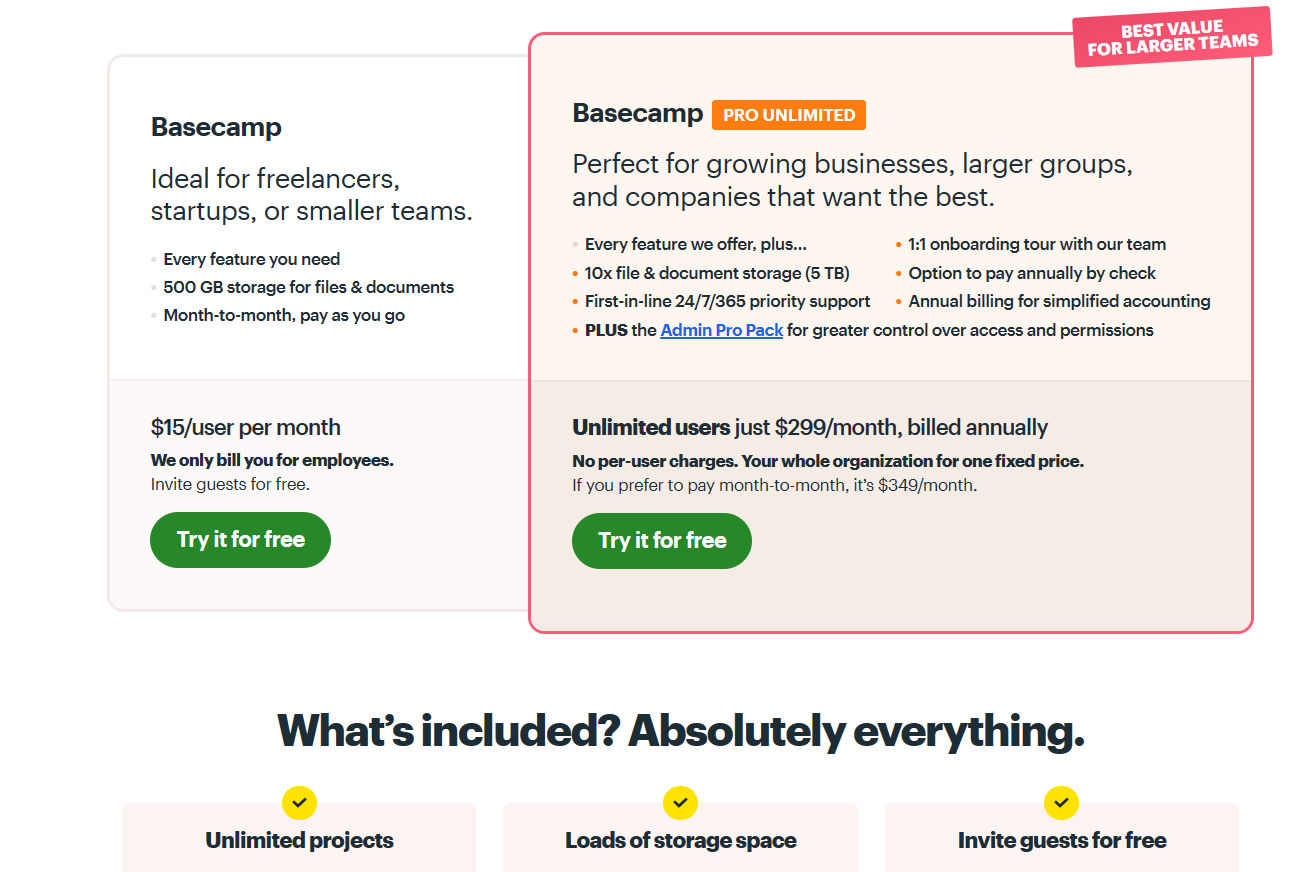
Pricing
- Freelancers/startups/smaller teams: $15/user/month
- Basecamp Pro Unlimited: $299/month
Asana
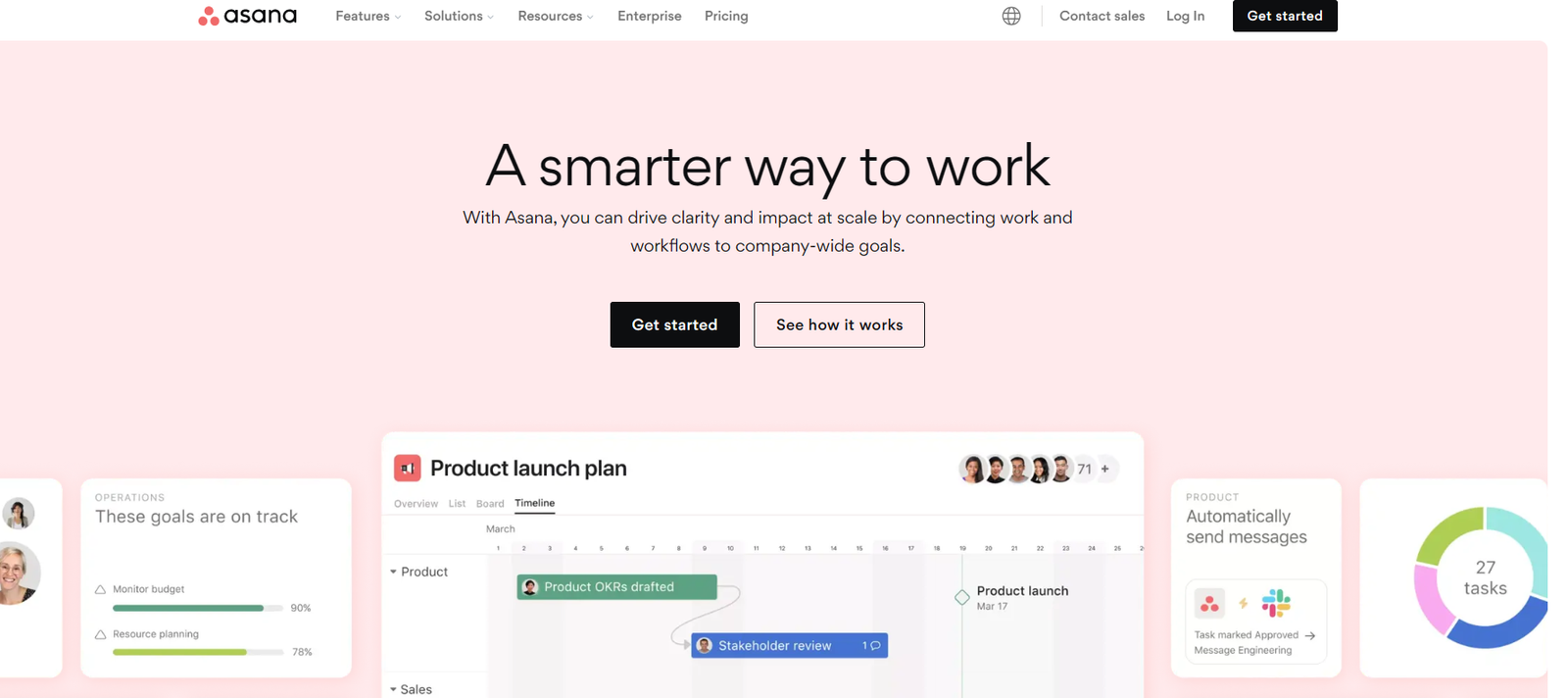
Asana is a cloud-based project management software that helps teams coordinate and manage their work. It allows users to create projects, assign tasks, set deadlines, track progress, and collaborate with others. Asana also integrates with various tools and apps, such as Gmail, Slack, Dropbox, and Zoom, to streamline workflows and communication. Asana is one of the best project management software for small business. It is ideal for teams that need flexibility and customization in managing their projects, as it supports different views (list, board, timeline, calendar), custom fields, rules, templates, and reporting features. Asana also has a mobile app for iOS and Android devices, so users can access their projects anytime, anywhere.
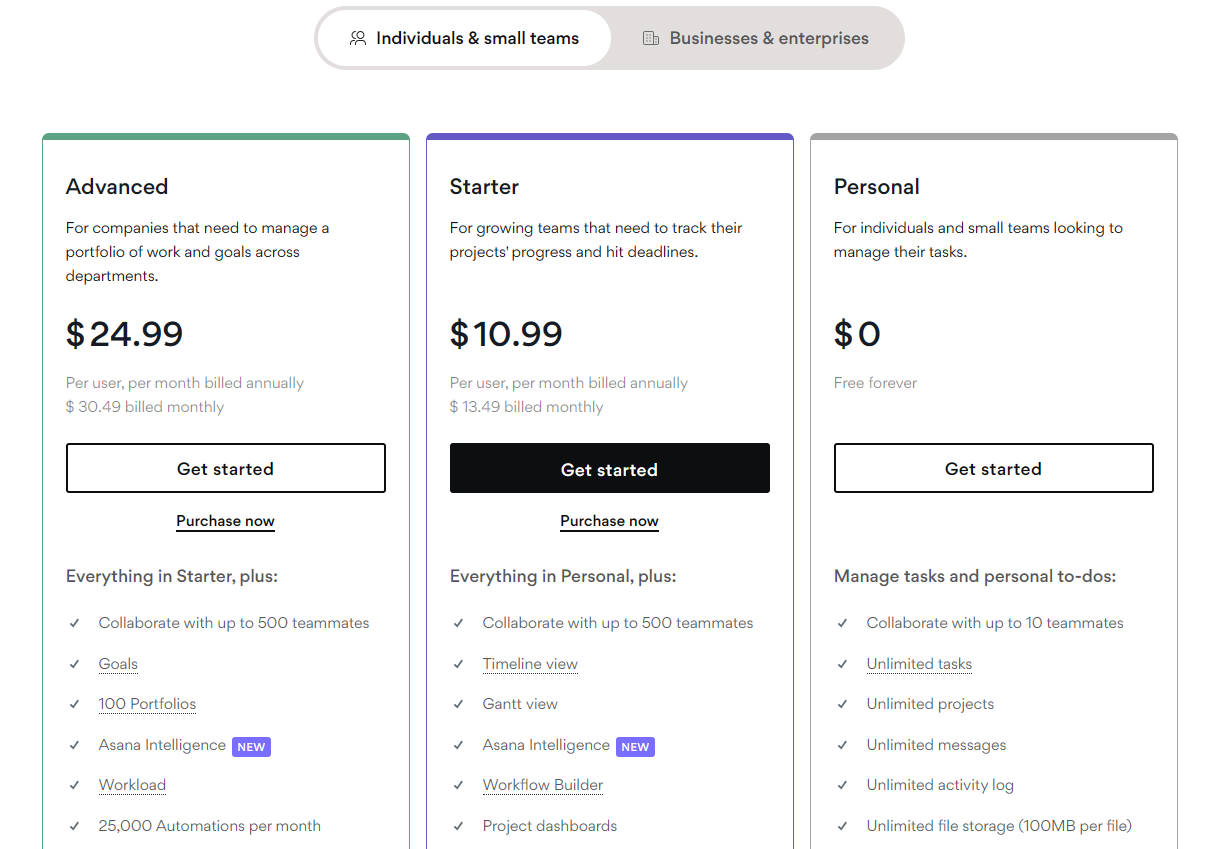
Pricing
- Personal: $0
- Starter: $10.99/user/month
- Advanced: $24.99/user/month
Microsoft Planner
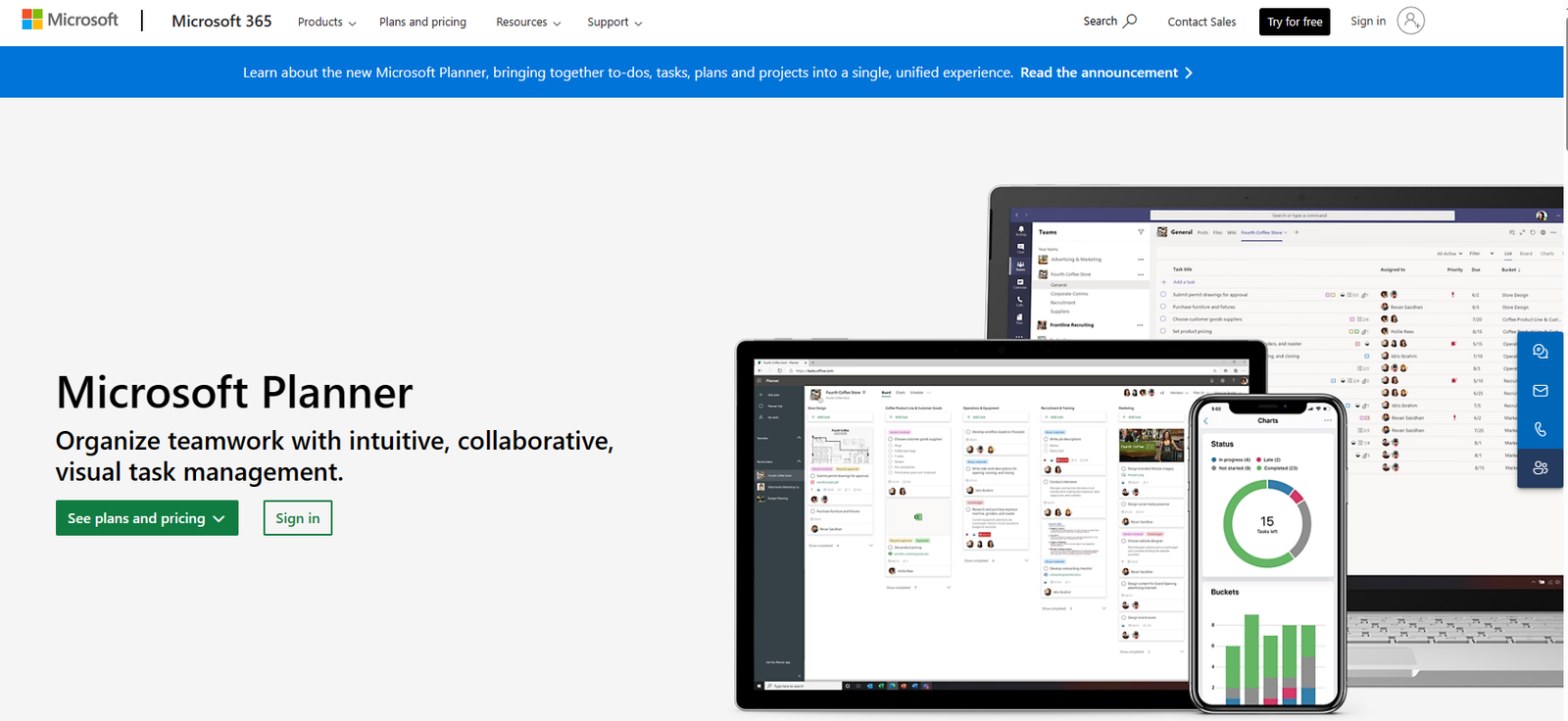
Microsoft Planner is a cloud-based project management app that allows you to create and assign tasks, organize, and track progress, share files and chat with team members. It is part of the Microsoft 365 suite of productivity tools and integrates with other apps like Outlook, Teams, SharePoint, and OneDrive. Microsoft Planner is designed to be simple and intuitive, with a visual interface that lets you drag and drop tasks into different buckets and boards. You can also view your tasks in a calendar or a chart to get an overview of your deadlines and workload. Microsoft Planner is one of the best project management software for small business, especially if you are already using Microsoft 365. It offers a low-cost and easy-to-use solution for managing projects and collaborating with your team.
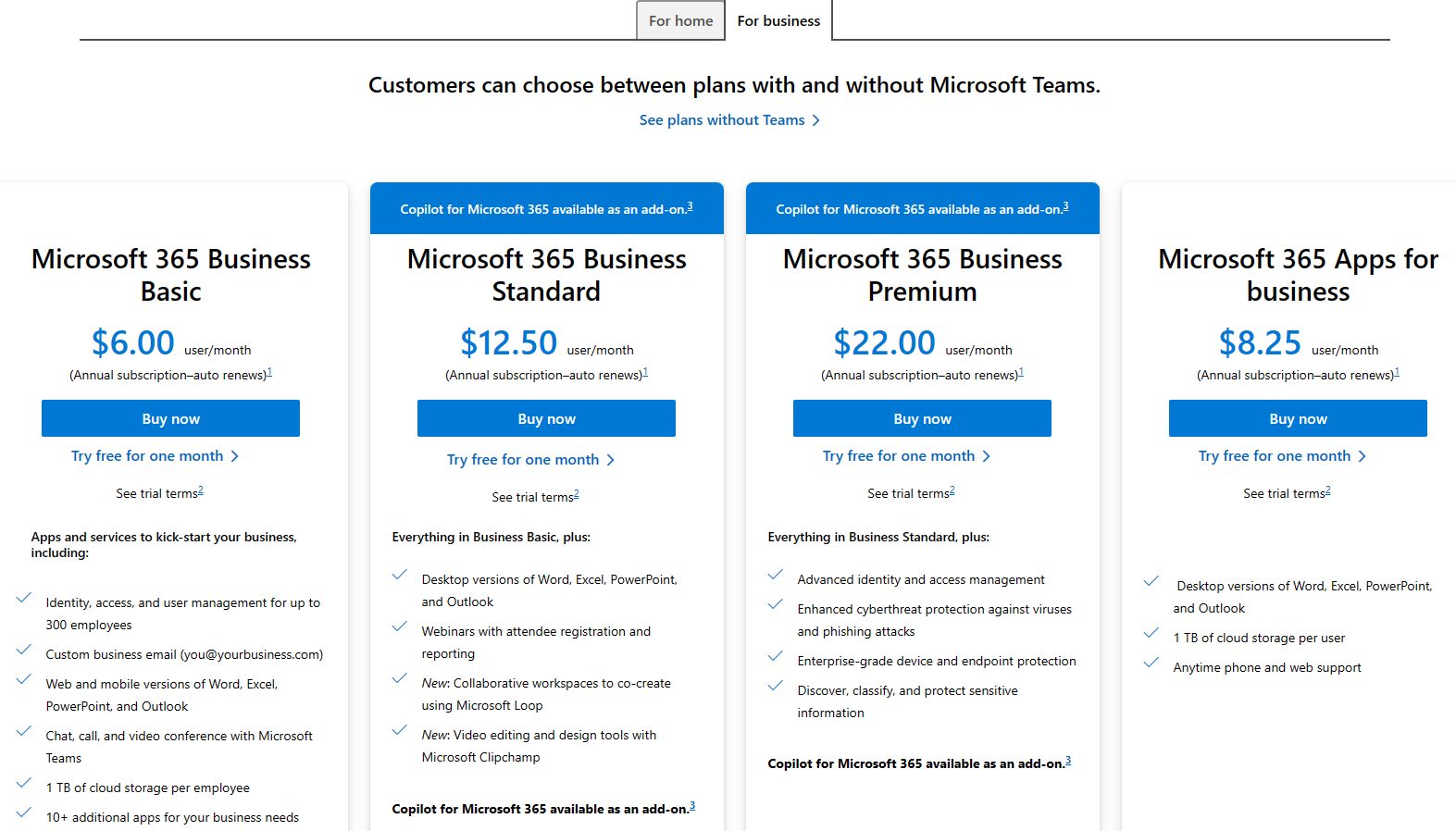
Pricing
- M365 Business Basic: $6.00/user/month
- M365 Business Standard: $12.50/user/month
- M365 Business Premium: $22.00/user/month
- M365 Apps for business: $8.25/user/month
Monday.com
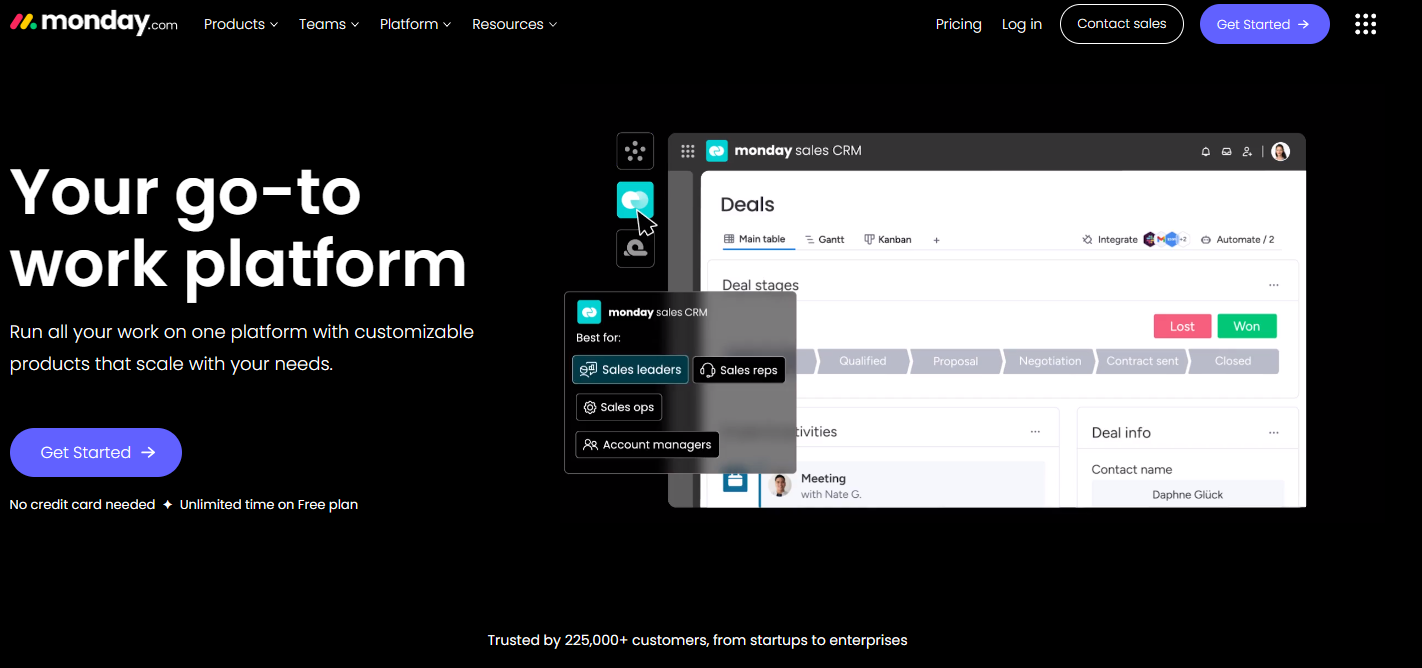
Monday.com is a cloud-based project management platform that helps teams collaborate, track progress, and achieve their goals. Monday.com is designed to be flexible and customizable, allowing users to create workflows that suit their specific needs. Users can choose from a variety of templates or create their own boards from scratch, and add different columns, views, automations, and integrations to streamline their work processes. Monday.com also offers several features that make it one of the best project management software for small business, such as:
- Time tracking: Users can track the time spent on each task, assign billable and non-billable hours, and generate reports and invoices.
- Budget management: Users can plan and manage their budgets, track expenses, and monitor the profitability of their projects.
- Resource management: Users can allocate resources, balance workloads, and identify bottlenecks and risks.
- Communication and collaboration: Users can communicate with their team members and stakeholders, share files and feedback, and sync with other tools like Gmail, Slack, Zoom, and more.
- Reporting and analytics: Users can visualize their data, create dashboards and charts, and measure their performance and KPIs.
Monday.com is suitable for teams of any size and industry, but it is especially useful for small businesses that need a simple and intuitive project management tool that can scale with their growth.
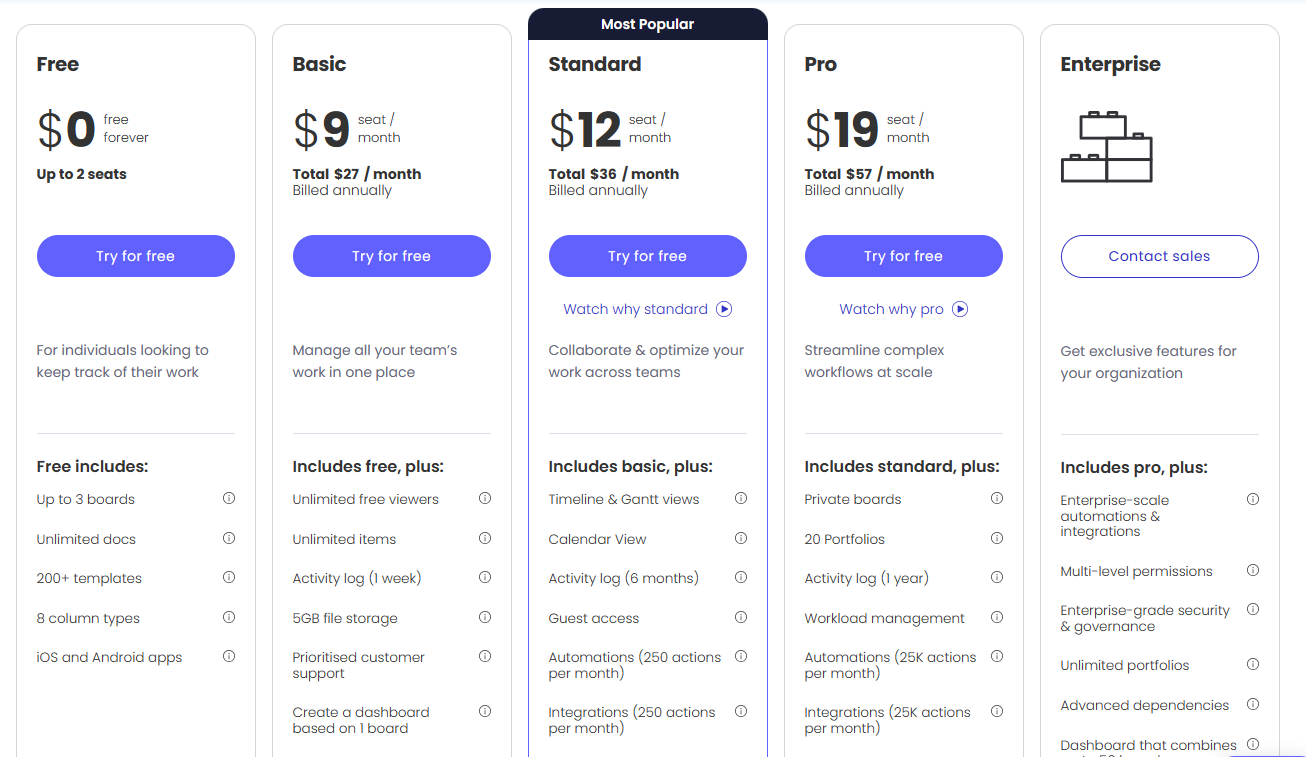
Pricing
- Up o 2 seats: $0
- Basic: $9/seat/month
- Standard: $12/seat/month
- Pro: $19/seat/month
- Enterprise: Contact sales
Conclusion
The evaluation of project management software for small teams, particularly a 5-person software team, reveals several viable options, each offering unique strengths suited to different business needs. Trovve stands out for its all-in-one capabilities and seamless integration with Microsoft 365, making it an excellent choice for those who prioritize a comprehensive toolset. Basecamp is noted for its effectiveness in supporting remote teams with its user-friendly interface and robust integration capabilities. Asana offers great flexibility and extensive customization options, ideal for teams requiring detailed project tracking and management. Microsoft Planner provides an integrated solution for teams already utilizing Microsoft 365, with a straightforward, visually oriented user interface. Finally, Monday.com offers a highly flexible and scalable tool, ideal for small businesses anticipating growth, with features supporting everything from time tracking to resource management.
Each platform is tailored to various aspects of project management, and the best choice will depend on specific business needs, existing software ecosystems, and budget considerations. For a 5-person team, the software should enhance collaboration, streamline task management, and adapt to the team’s workflow without overwhelming users with unnecessary features. Therefore, it’s essential to assess not only the functionality and integration capabilities of each software but also consider the learning curve and scalability to ensure it aligns with the team’s long-term goals.
FAQs
- What features should we consider when choosing project management software for a small team?
Look for software that provides task management, collaboration tools, time tracking, and resource allocation. Integration with other tools your team uses daily (like email, calendar apps, and file-sharing platforms) is also crucial for streamlining workflows. - Is it worth paying for premium features in project management software for a small team?
This depends on your team’s specific needs. If advanced features like detailed reporting, custom workflows, or enhanced security are critical for your operations, investing in premium features can be worthwhile. However, for many small teams, basic or mid-tier plans provide sufficient functionality. - Can free project management tools be effective for a small software team?
Yes, many free tools offer substantial functionality suitable for small teams. Platforms like Asana and Monday.com offer free tiers that are often adequate for managing a small team’s projects. It’s important to review the limitations of free versions, such as the number of active projects or access to customer support. - How do we decide between web-based project management tools and integrated software suites?
If your team already uses a suite of tools from a specific vendor (like Microsoft 365), choosing a project management tool within the same ecosystem (like Microsoft Planner or Trovve) can enhance compatibility and reduce the learning curve. For teams seeking more flexibility or unique features, standalone web-based tools may be better. - What are the signs that a project management tool is not the right fit for our team?
If the tool complicates rather than simplifies your workflow, requires excessive training time, or lacks critical features necessary for your projects, it may not be the right fit. Other indicators include poor customer support, frequent downtime, and a pricing structure that doesn’t align with the value provided. - How often should we re-evaluate our project management software choice?
It’s wise to assess your software annually or bi-annually, especially as your team grows or your business needs evolve. New features, changes in software pricing, or shifts in your team’s workflow can also prompt a re-evaluation. - Can we use multiple project management tools simultaneously?
While possible, using multiple tools can lead to confusion and inefficiencies unless each tool serves a specific, well-defined purpose. Integration and data syncing issues might also arise. It’s more efficient to find one platform that meets all or most of your needs.
